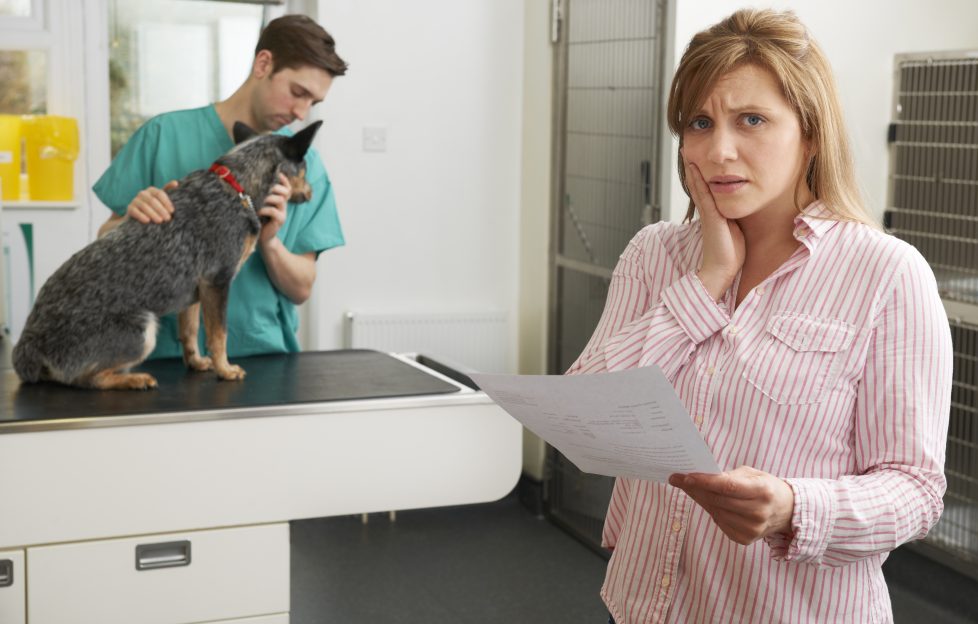Vet Prescription Fees Could Be Capped

Do you feel like you’re paying too much on vet bills? You probably are! Proposals are being made to put a cap on vet prescription fees.
The UK’s Competition and Markets Authority (CMA) is exploring measures to regulate the veterinary sector, including a potential cap on prescription fees.
This move comes as part of a formal investigation into concerns that pet owners are being overcharged for treatments.
The Watchdog Launched a Review on Vet Fees Last Year
Thousands of pet owners have reported to the CMA difficulty in affording vet bills and uncertainty about the best treatment options for their pets. The British Vet Association (BVA) supports the investigation, highlighting that the sector’s regulations are outdated and need reform.
Last year, the CMA launched a review to gather public concerns about vet fees, which yielded 56,000 responses from pet owners, veterinarians, and charities. The initial findings revealed that pet owners often lack access to basic information, such as online price lists, and are not always informed of treatment costs upfront.
Over half of the UK’s veterinary practices are owned by six large companies. The CMA suggests this market concentration might limit consumer choice and drive up prices.
Four of these six tend to retain the name and branding of an independently-owned practice after buying it over, which the CMA says creates an “illusion of competition” for consumers who are shopping around for the best prices.
The formal investigation now underway could lead to direct market interventions and the capping of vet prescription fees.
Key areas of concern that will be investigated:
- Whether consumers receive adequate information to make informed decisions.
- The effect of limited veterinary options in certain areas on pet owners.
- Profit margins of veterinary businesses.
- Potential incentives for large vet groups to limit consumer choice.
- The need for updated regulation of the veterinary market.
What Will the Findings Change?
The CMA’s formal investigation could lead to significant changes, including mandating transparency from vet practices, possibly breaking up large veterinary businesses to increase competition, and of course vet prescription fees could be capped.
Malcolm Morley, senior vice president of the BVA, expressed strong support for the inquiry, noting that the issues raised by the CMA align with long-standing concerns within the veterinary community.
He pointed out that the regulation of veterinary practices is outdated and highlighted the need to address the pricing of online medications – independent vet practices often face higher wholesale prices than those available to consumers online.
CMA’s Advice for Pet Owners
To help pet owners navigate their options, the CMA offers the following tips:
- Explore Multiple Options: Compare fees and services from different vet practices.
- Inquire About Alternatives: Ask your vet if there are other treatment options available.
- Consider Non-Urgent Purchases: For non-urgent treatments, consider buying medication from online pharmacies or specialized pet shops.





